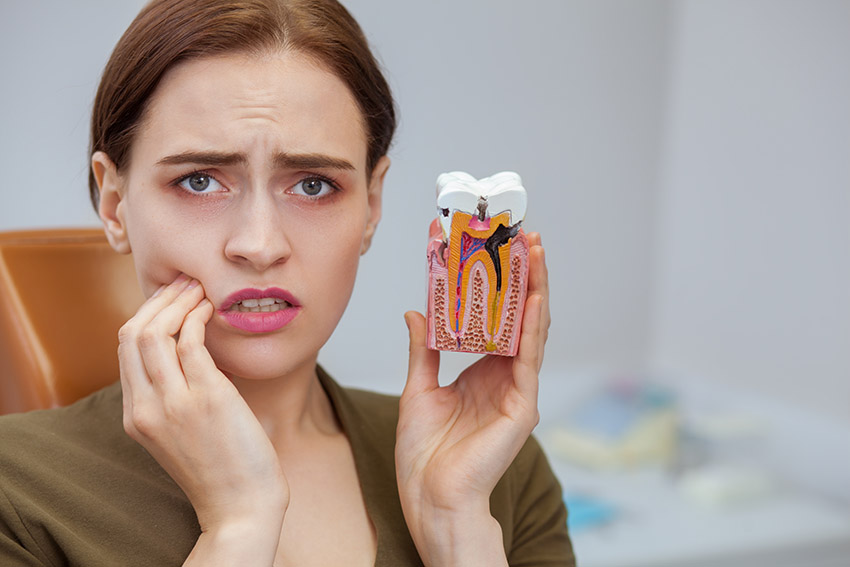
Not many people take care of their teeth in the same manner as they are concerned for their physical and mental health. Let us reiterate that dental health is as crucial for the overall well-being of an individual. Research suggests that around 9 out of 10 adults aged 20 to 64 experience tooth decay in their lifetime. If you think once you visit the dentist, you may not have to visit again because your teeth are okay, then you are mistaken. Oral health is a lifelong commitment, like physical and mental health, and requires regular check-ups. It requires regular teeth brushing at least two minutes twice daily, flossing, and even mouthwash after sticky meals. The earlier you learn to care for your teeth properly, the more your teeth will be in a good state with fewer worries.
Oral health refers to teeth, gums, and overall health that allows you to smile, speak, and chew. Honestly, dental and oral problems can be prevented with a mindful routine. But you may experience one dental disease during your lifetime.
- Cavities
Cavities or tooth decay is when bacteria damage the hard surface, creating a hole in your teeth. Eating sugary snacks and candies or simply eating foods and not cleaning up can form plaque. Plaque is common; everyone gets it after eating anything, and the bacteria feed on food debris. It breaks the food into a sticky, acidic film called dental plaque.
- Sensitive tooth
If you have sensitive teeth, you will experience discomfort while chewing or consuming hot or cold foods or beverages. Also known as dentin sensitivity, it commonly happens after a root canal or filling. However, gum disease, receding gums, cracked teeth, etc., can also cause it.
- Cracked or broken tooth
Any injury may break or crack your teeth, and if you have one, immediately visit the dentist, as the pain can be unbearable.
- Gum disease
Gum disease, also known as gingivitis, is the inflammation of the gums. It happens due to plaque build-up and poor toothbrushing or flossing habits. Your gums usually swell and bleed when you brush or floss. If you do not treat gingivitis, it can lead to periodontitis.
- Periodontitis
With periodontitis, the infection spreads to jaws and bones and can cause an inflammatory response throughout the body.
- Oral cancer
It is advised to avoid chewing tobacco or smoking as it increases the risk of oral cancer. It can affect the cheek, lips, or gums. Moreover, the tongue, floor of the mouth, and soft or hard palate can also cause oral cancer.
After reading this, if it has dawned on you that you can’t recall the last time you visited a dentist, then it is time for you to book an appointment. Our dentist can get you in for a dental exam and help you work out a dental care plan to address any issues that may be discovered during the exam. Contact us today to schedule your well-due exam at our Livermore office.
